Protect Your Website from Hackers
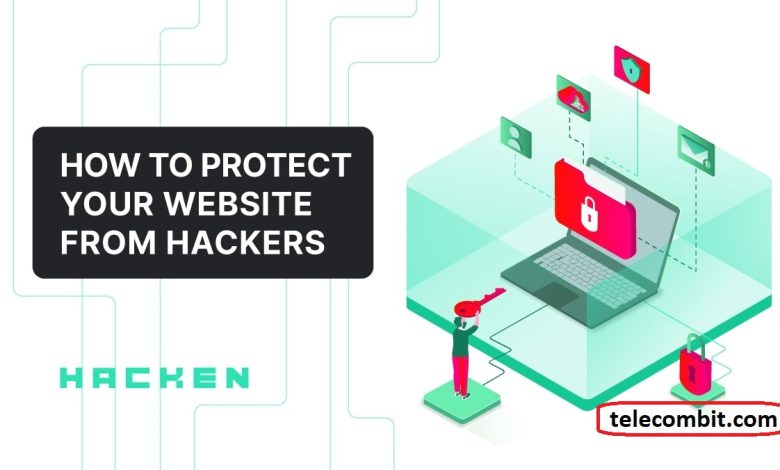
Your website is the face of your business on the internet, and it’s crucial to protect it from hackers. Cyberattacks can result in data breaches, website downtime, loss of revenue, and damage to your brand reputation. In this article, we’ll discuss some tips and best practices for protecting your website from hackers.
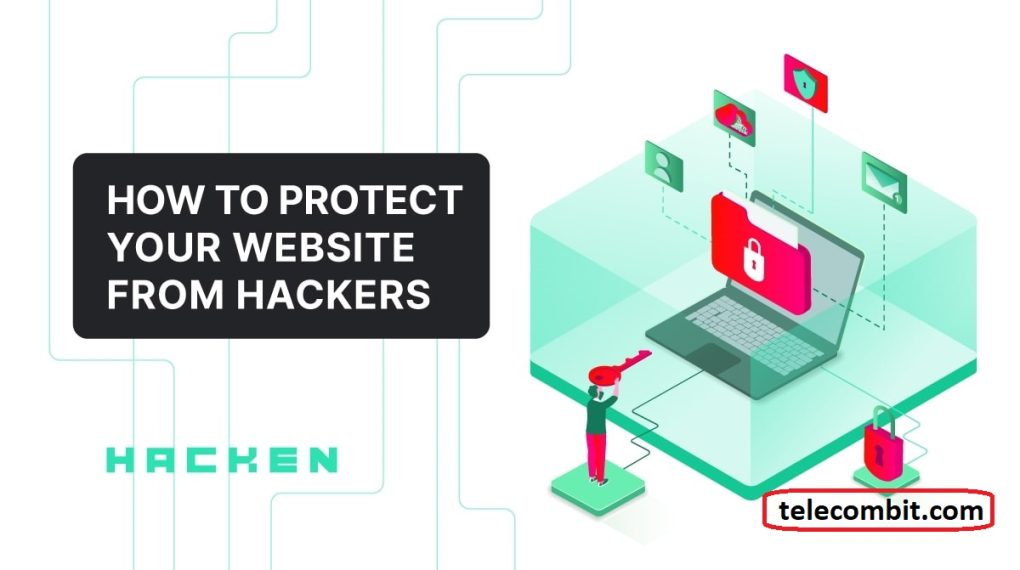
Tips and Best Practices
Keep your software up-to-date
Hackers often target vulnerabilities in outdated software, so it’s essential to keep your website software up-to-date. This includes your content management system (CMS), plugins, and other third-party applications. Regularly check for updates and install them as soon as they become available.

Use strong passwords

Weak passwords are an easy target for hackers. Use strong passwords that are unique, complex, and difficult to guess. Avoid using personal information, such as your name or date of birth, and consider using a password manager to generate and store complex passwords.
Use two-factor authentication (2FA)
Two-factor authentication adds an extra layer of security to your website login process. With 2FA, users need to provide an additional form of verification, such as a code sent to their phone, to access the website. This makes it more difficult for hackers to gain unauthorized access to your website.
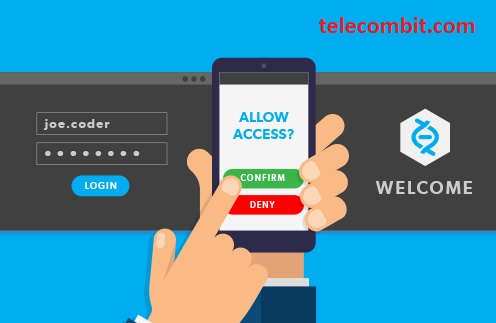
Secure your WordPress site with these top security plugins, including Wordfence, Sucuri Security, iThemes Security, and All in One WP Security & Firewall, protecting your site from threats.
Install security plugins

Security plugins can help protect your website from common threats such as malware, spam, and brute force attacks. There are many security plugins available for popular CMS platforms such as WordPress, Drupal, and Joomla. These plugins can also help you monitor your website for suspicious activity and provide alerts if any issues arise.
Regularly backup your website
Backing up your website regularly can help you recover your data in the event of a cyberattack or website crash. Make sure to store backups in a secure location, such as an external hard drive or cloud storage service. Regularly test your backups to ensure that they are working properly.

Use HTTPS
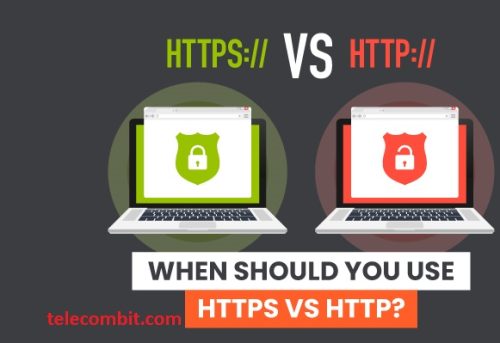
HTTPS encrypts the data exchanged between your website and users, making it more difficult for hackers to intercept and steal sensitive information. Installing an SSL/TLS certificate and using HTTPS is becoming increasingly important for website security and can also improve your search engine rankings.
Monitor your website for suspicious activity
Regularly monitoring your website for suspicious activity can help you detect and respond to potential threats early on. Use website monitoring tools to track your website’s uptime, performance, and security. If you notice any unusual activity, such as increased traffic from suspicious sources, take immediate action to investigate and resolve the issue.
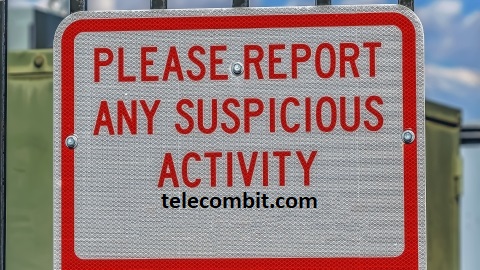
Conclusion
Protecting your website from hackers is essential for the security and success of your online business. By following these tips and best practices, you can reduce the risk of cyberattacks and keep your website safe and secure. Remember to stay vigilant and keep your website software up-to-date, use strong passwords and two-factor authentication, install security plugins, regularly backup your website, use HTTPS, and monitor your website for suspicious activity.
Table: Common types of cyberattacks and how to prevent them
| Type of attack | Prevention |
| Malware | Install security plugins, keep software up-to-date, use strong passwords, regularly backup your website |
| Phishing | Train your employees to recognize and avoid phishing scams, use email filters to block suspicious messages |
| DDoS | Use a DDoS protection service, limit the number of login attempts, use a content delivery network (CDN) |
| SQL injection | Use parameterized queries, sanitize user |




